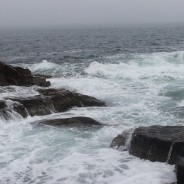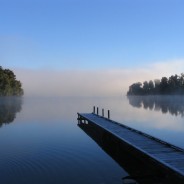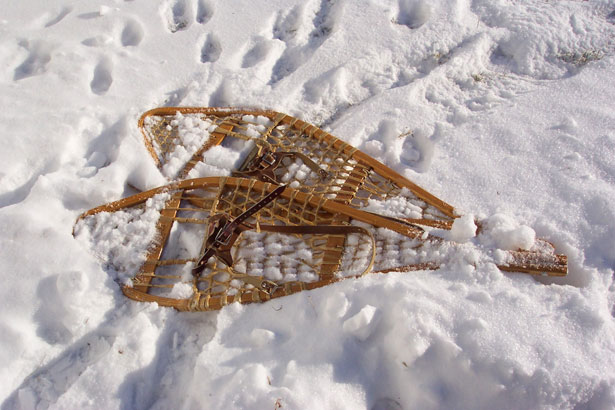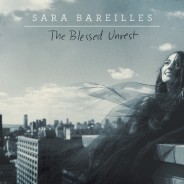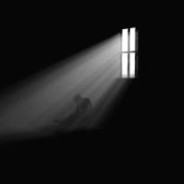Make Your Mind an Ocean
Continuing with the theme from a couple weeks ago of becoming an ever-larger body of water, I remembered a piece by Lama Yeshe called “Make Your Mind an Ocean.” Here is an excerpt from the piece which I’ve rearranged as a kind of found poem. It has to do with the mind becoming larger and larger and not depending so much on the tiny atoms of the world. The mind becoming larger and larger and in turn not being quite so disturbed by the relentless ripples and agitations of the world. If you’re all caught up in attachment to tiny atoms your limited craving mind will make it impossible for you to enjoy life’s pleasures. External energy Is so incredibly limited that if you allow yourself to be bound by it your mind itself will become just as limited. When your mind is narrow small things easily agitate you. Make your mind an ocean. I remember a time when my children were very young and I was feeling like I didn’t have any space left in my head anymore—as if I couldn’t hold any new thoughts. I got an opportunity to go away to the beach for a long weekend writing retreat and I took it. It was a weekend of just myself in a cottage next to the sound and then crossing to the ocean every day—to walk or just to sit looking out. It was September or October, quiet. I wrote a bit, but maybe not even that much. I remember the way it felt as if, walking, the ocean were literally washing my brain—clearing it, resetting it. Washing my brain, my body, my entire self. And when I returned—same young, vibrant children—same life—same ripples in that life–but I was different—and I had room for them again. I don’t live on the ocean—or have the opportunity to go there that often, but even to have been there once, gives me that image—that memory to work from. I like to imagine, especially when I’m feeling too small for the life I’m living, or too small for some problem I’m facing, the possibility of making my mind as large as the ocean. The sound of the waves and the blue stretching out to the horizon—and the depths of it—that vast and deep and large. “Make Your Mind an Ocean” is from The Peaceful Stillness of the Silent Mind which can be found for free at the Lama Yeshe Wisdom Archive. More about Lama Yeshe can be found in a tribute to him by a Christian monk, Father P. Bernard de Give, written after Lama Yeshe’s death. The photo, taken near Thunder Hole, Maine is by Billy...
read more
